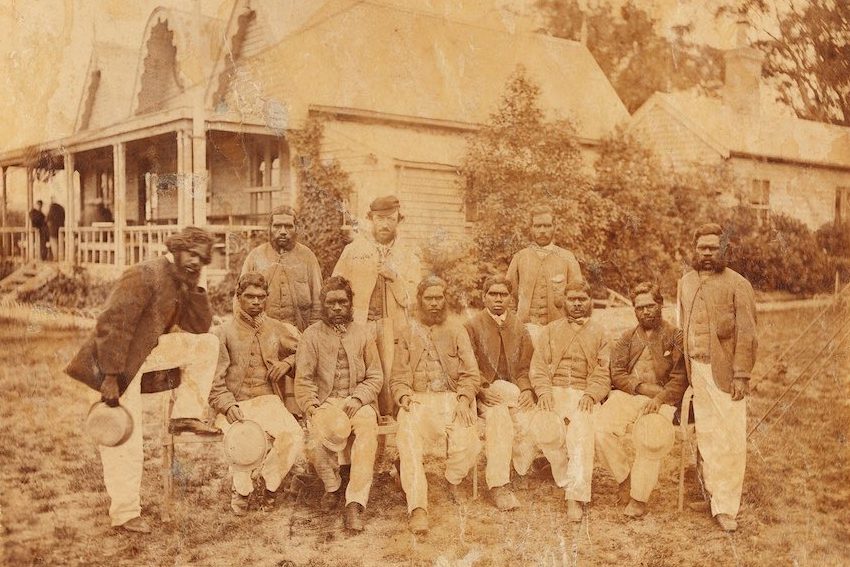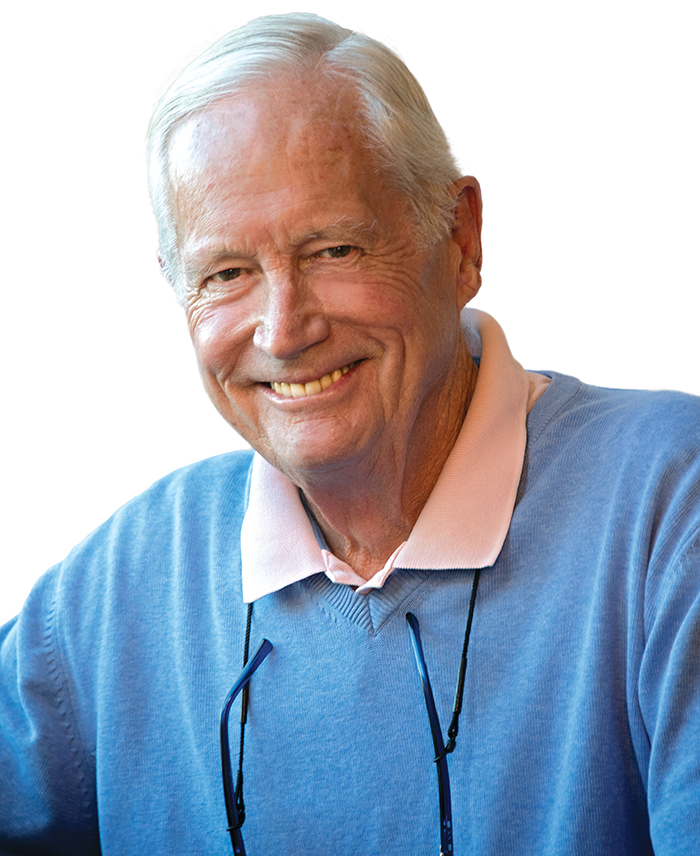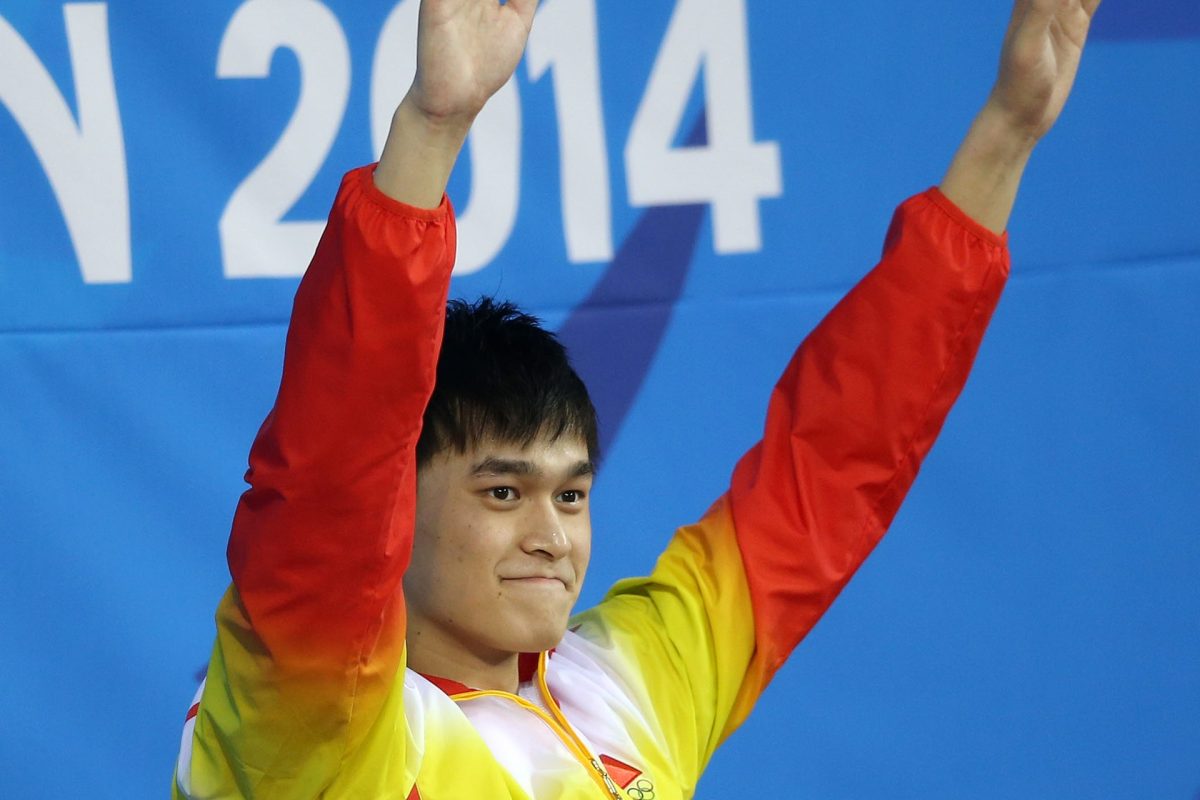
“While women play the team sports of cricket and the footy codes under the same rules as the males, they bring to all sport a grace and a geniality that is still too often missing in the men’s game,” writes “The Gadfly” columnist ROBERT MACKLIN.
SPORT! It really is our species’ best invention. And it’s getting better all the time.

Indeed, in these dark days of climate change and the deepening threat of social collapse, it might well be the one pathway that sees us through the crisis.
“What about the legal system or parliamentary democracy itself,” I hear you cry. “Surely, they outweigh mere recreation as our premier communal achievement?”
If that’s what you think, then you haven’t been paying attention.
The competitive legal system is now a plaything of the wealthy; while governance across the Pacific and spreading over great swathes of Europe and Asia is fast being corrupted by extremists and warmongers.
But in a year when nationalism then religion turned whole nations into horrific killing fields, sport provided the perfect antithesis.
Teams and individuals spent it meeting on green fields and in stadiums of all shape and size, indoor and out. They gave of their best to the delight and disappointment of their fans.
And when the contest was done, participants and spectators alike returned to their homes until they could again test their will and their skill against their opponents.
We like to say Australia is a sporting nation and maybe while the rest of the world was making iron to hammer out swords and spears, our Aboriginal forebears were sewing an animal skin full of dry grass to make the forerunner of a Sherrin footy.
Today AFL is the most popular native team sport in the land. And fittingly, it was an Aboriginal cricket team that first toured England in 1867.
By then, of course, the Greeks had long since understood the social value of sport with their invention of the Olympic Games. In 776 BC one Koroibos, a professional cook, won a foot race over 600 feet (183 metres).
The Greeks from city states as far away as Spain and Turkey thereafter would assemble every four years at Olympia to test their skills and celebrate their victories for at least the next 12 centuries.
However, sport’s inherent power of respect and rapport was a long time reaching the fruition that beckons today. The modern Olympics from 1896 failed dismally to prevent the murderous chronicle of the 20th century.
But with every passing decade since – particularly as television captured spectators in the multi-billions worldwide – the potency of the sporting contest has grown exponentially.
Its organisers have realised that its strength depends on the Australian concept of the “fair go” so there’s a ruthless policing of performance-enhancing drugs, and a place for all-comers, from across the sexes to the gradation of the disabled.
The Paralympics came first but it’s the wholesale participation of women in every code of sporting endeavour that is revolutionising the appeal of the great invention.
Indeed, while women play the team sports of cricket and the footy codes under the same rules as the males, they bring to all sport a grace and a geniality that is still too often missing in the men’s game. But it’s catching on. The ritual male handshakes at the final siren or when the last ball is bowled, or the last three-pointer popped through the basket, are more genuine these days.
The goodwill is spreading. When the Matilda’s bowed out of the World Cup semis, we were all disappointed, but it wasn’t the end of the earth. When we beat the Indians in the ODI final, we cheered Pat Cummins and the lads, but we knew that luck was on our side as well. And when we beat the Palestinians in the qualifying soccer match our lads donated part of their fees to their opponent’s cause.
And no one died at the hands of another.
Who can be trusted?
In a world of spin and confusion, there’s never been a more important time to support independent journalism in Canberra.
If you trust our work online and want to enforce the power of independent voices, I invite you to make a small contribution.
Every dollar of support is invested back into our journalism to help keep citynews.com.au strong and free.
Thank you,
Ian Meikle, editor




Leave a Reply